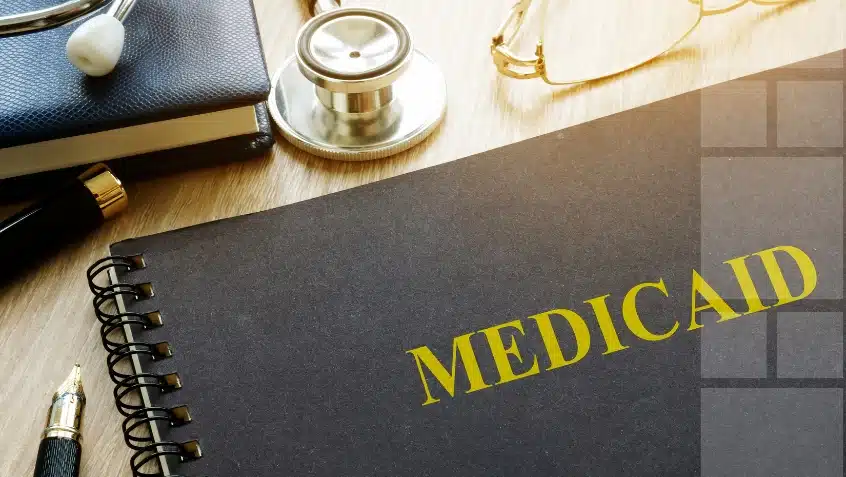
New Data Show Persistent Disparities in COVID-19 Cases
This week, the Centers for Medicare & Medicaid Services (CMS), the agency that oversees the Medicare program, released more data showing the impact of COVID-19 on people with Medicare. As with previous data, this information confirms that communities of color and people who are enrolled in both Medicare and Medicaid or who have End-Stage Renal Disease (ESRD) are disproportionately affected by the virus.










